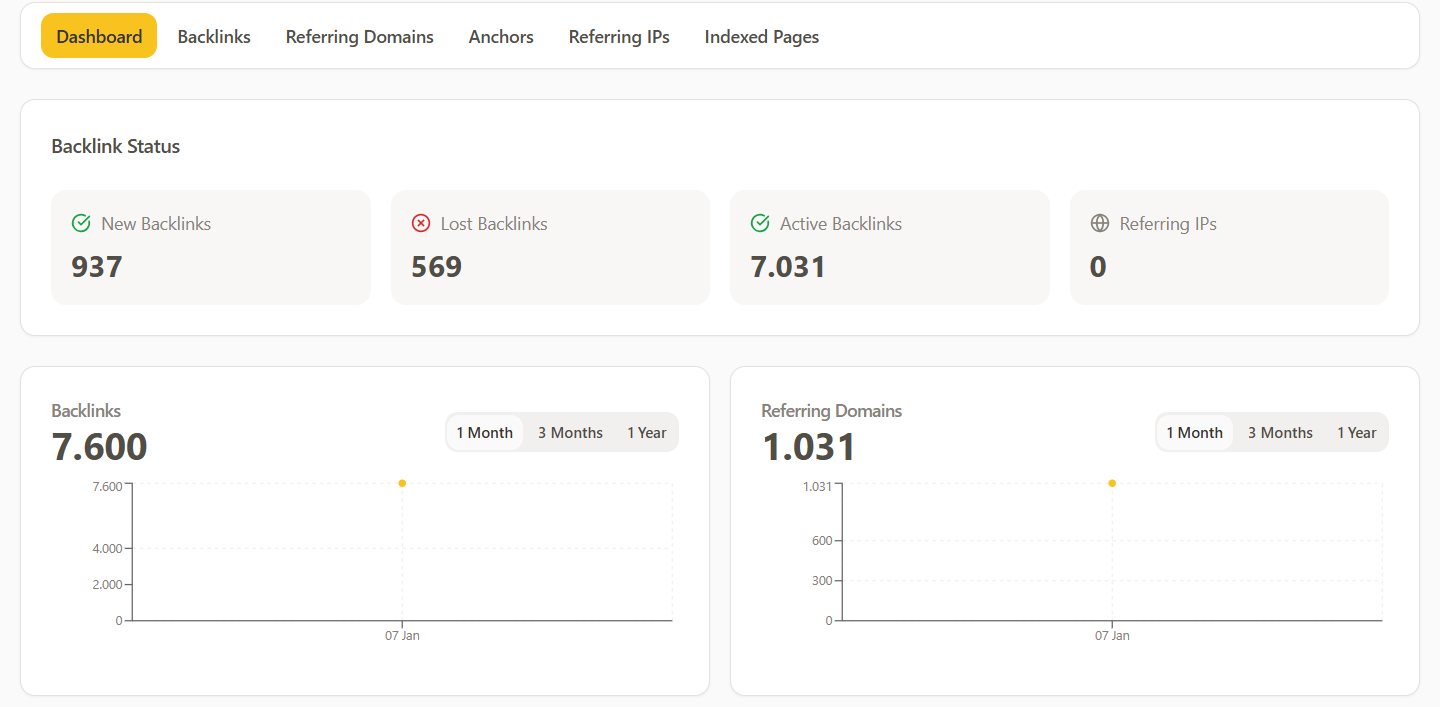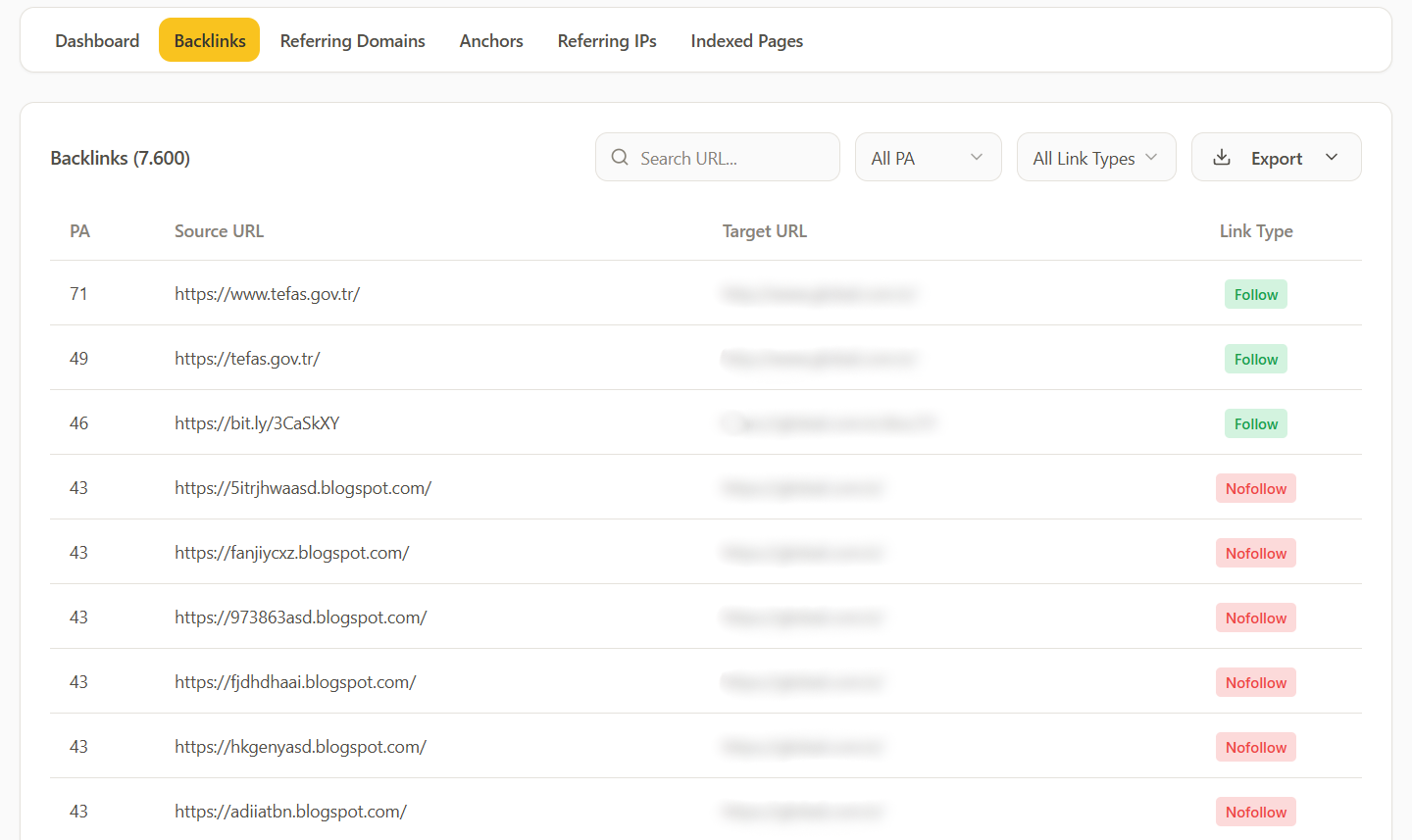Backlinks, also known as inbound links or incoming links, are links from one website that point to a page on another website. They are one of the most important ranking factors in search engine optimization (SEO) because they signal trust, authority, and relevance to search engines like Google.
On this page, you will find more information on link building, how to get good backlinks and remove bad backlinks.

What is Backlink?
A backlink is created when one website links to another using an anchor tag in the HTML. For example:
<a href=”https://example.com”>Check out this article</a>
In this example, the website linking out is giving a backlink to the destination URL.
Backlinks act as digital recommendations. When a reputable website links to your content, it tells search engines that your page is credible and worth referencing.
Why Are Backlinks Important?
Backlinks serve several key purposes in SEO and digital visibility:
Improve Search Rankings: Pages with more high-quality backlinks generally rank higher in search engine results, as backlinks are considered a vote of confidence.
Increase Referral Traffic: When users click on a quality backlink from another site, it drives targeted traffic to your page.
Build Domain Authority: Earning good backlinks from trusted sites helps strengthen your website’s authority in your niche.
Speed Up Indexing: Search engine crawlers use backlinks to discover new pages. A page with backlinks is more likely to be crawled and indexed faster.

References










Case Studies

+ 468%
organic impressions
+ 376%
sessions – non brand
+ 2.804
word first page

+ 597%
organic impressions
+ 488%
sessions – non brand
+ 4.230
word first page

+ 211%
organic impressions
+ 271%
sessions – non brand
+ 176
word first page

+ 654%
organic impressions
+ 410%
sessions – non brand
+ 4.837
word first page
Testimonials

Raiser completely changed the way we approach SEO and lead generation. What once seemed too complex and technical became manageable thanks to its user-friendly interface and powerful tools. We were able to analyze our site, fix issues, and implement targeted SEO improvements on our own. As a result, not only did our traffic grow, but the quality and quantity of our inbound leads increased significantly.
Rabia K.
Workinton

As an e-commerce brand, we struggled to understand why our website wasn’t performing for SEO. Raiser quickly highlighted key SEO issues and gave us clear, actionable steps. With improved site structure, faster load times, and smarter content optimization, we saw higher rankings, more qualified traffic, and a real boost in sales. Raiser didn’t just fix problems—it gave us the confidence to grow.
Ugur C.
Pazarium

Managing a global corporate website comes with the challenge of addressing different regional needs. Raiser helped us implement location-specific SEO improvements and content strategies that actually made a difference. From identifying regional keyword opportunities to optimizing pages per market, we gained both visibility and relevance in key local search results—without complicating our global structure.
Erdinc D.
Franke Turkiye

Using Raiser SEO solutions, we were able to get our digital marketing operations in order. Understanding clearly what needs to be done for improvement with in-depth analysis and seeing the results of our work with regular, detailed reports helped us immensely in speeding up our website, making it more user-friendly, and getting better rankings in Google.
Hanno A.
Briisk

